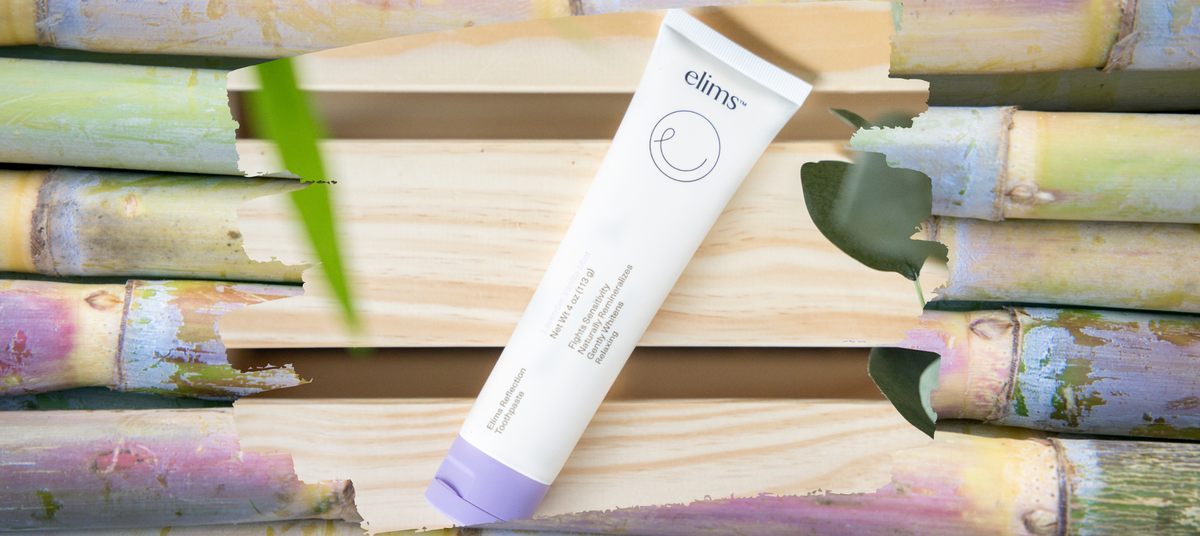Exploring Sugarcane Products: Versatile Benefits and uses
The exploration of sugarcane products discloses a remarkable selection of applications that prolong well beyond the acquainted world of sweeteners. As we examine the complex payments of sugarcane, one might wonder just how these diverse uses can improve industries and way of livings in a quickly developing globe.
Introduction of Sugarcane
Although sugarcane is commonly connected mainly with sugar manufacturing, it is a flexible crop with an abundant history and countless applications. Cultivated in tropical and subtropical regions, sugarcane grows in well-drained dirts and warm environments, contributing significantly to lots of economic situations worldwide. This perennial yard, belonging to the category Saccharum, can expand to heights of approximately 4 meters, showcasing its robust nature.
Past its key role in sugar extraction, sugarcane works as an important resource for various byproducts. The fibrous residue, referred to as bagasse, is used for creating bioenergy and as a basic material for producing paper and biodegradable products. In addition, molasses, a by-product of sugar refining, is rich in nutrients and generally utilized in pet feed and fermentation processes.
Sugarcane likewise plays a substantial function in conventional medicines and cultural techniques in numerous regions, highlighting its significance beyond industrial use (sugarcane product). With the raising emphasis on lasting farming methods, sugarcane is being checked out for its capacity in biofuels and carbon capture, positioning it as an essential player in the transition towards eco-friendly power resources. Therefore, the adaptability of sugarcane prolongs far beyond the confines of sugar production
Sugarcane in Food Products


Beyond sweeteners, sugarcane is the source of energy-rich products such as jaggery and panela, which are typical unrefined sugars made use of in lots of cultures. These products not just sweeten foods however also convey distinct tastes and nutritional advantages.
Sugarcane juice, a revitalizing beverage enjoyed in many exotic regions, showcases the plant's adaptability. It is commonly consumed fermented or fresh right into alcoholic beverages like rum.
Additionally, sugarcane fibers, called bagasse, are sometimes used to create food packaging products, emphasizing the environmental advantages of sugarcane processing. On the whole, sugarcane's contribution to food is complex, enhancing tastes, providing nutritional worth, and playing a significant duty in culinary customs worldwide.
Industrial Applications of Sugarcane
In various markets, the adaptability of sugarcane extends far past its cooking applications. Sugarcane serves as a vital basic material in the manufacturing of biofuels, specifically ethanol, which is increasingly utilized as an eco-friendly power resource. This biofuel is obtained via fermentation and purification processes, providing a sustainable option to nonrenewable fuel sources and adding to a decrease in greenhouse gas exhausts.

Additionally, the sugarcane sector has actually discovered applications in drugs, where its elements are utilized in the formula of different medicinal products. The natural compounds extracted from sugarcane display antioxidant and antimicrobial residential or commercial properties, improving the efficacy of certain medications.
Lastly, sugarcane is integral to the production of an array of chemicals, consisting of glycerol and organic acids, which are important for various commercial procedures. These applications highlight sugarcane's considerable role in promoting commercial sustainability and technology.
Ecological Benefits of Sugarcane
The multifaceted applications of sugarcane not only boost industrial processes yet additionally contribute considerably to environmental sustainability. As a renewable energy, sugarcane growing plays an important role in carbon sequestration, soaking up considerable amounts of carbon dioxide from the ambience. This process helps minimize environment modification by reducing greenhouse gas concentrations.
In addition, sugarcane by-products, such as bagasse and molasses, offer environmentally friendly alternatives to standard products. Bagasse, the fibrous deposit after juice removal, can be used as a biomass fuel, reducing dependence on fossil explanation gas and promoting cleaner power sources. In addition, molasses can be transformed right into bioethanol, even more sustaining sustainable power initiatives.
Sugarcane farming likewise promotes biodiversity and soil wellness. Sustainable farming techniques, such as intercropping and plant rotation, boost soil fertility and lower erosion. The plant's deep origin system aids in water retention, thus boosting and supporting local environments strength versus dry spell.
Health Advantages of Sugarcane
Rich in necessary nutrients and all-natural sugars, sugarcane uses countless wellness advantages that make it an important addition to a well balanced diet regimen. Its high fiber web content help in digestion, promoting gut health and stopping constipation. Additionally, sugarcane gives antioxidants, which fight oxidative anxiety and may minimize the danger of chronic illness.
Moreover, sugarcane read what he said juice is understood for its hydrating properties, making it an excellent beverage choice, specifically in warm environments. The all-natural sugars existing in sugarcane offer a quick energy increase, beneficial for athletes and those engaged in physical tasks. It likewise consists of important minerals and vitamins, such as vitamin C, magnesium, calcium, and potassium, which add to total health.
Research studies suggest that sugarcane might assist regulate blood sugar level levels, making it a better sweetener for people with diabetes mellitus when eaten in moderation. Furthermore, its anti-inflammatory buildings can support liver health and help in detoxing.
Conclusion
To conclude, sugarcane becomes a very flexible plant with considerable contributions to numerous industries. Its varied applications in foodstuff, commercial uses, and ecological sustainability underscore its value. The by-products of sugarcane, such as bagasse and molasses, assist in environment-friendly practices, while its health and wellness benefits improve total wellness. The complex nature of sugarcane not only supports financial growth however also promotes lasting development, highlighting its value in modern culture.
Although sugarcane is typically linked largely with sugar production, it is a flexible plant with an abundant background and numerous applications.Beyond its main function in sugar removal, sugarcane offers as an essential resource for numerous byproducts. Primarily known for creating sugar, sugarcane is changed right into granulated sugar, brownish sugar, and molasses, each offering distinct cooking objectives.Rich in natural sugars and important nutrients, sugarcane supplies numerous health advantages that make it an important addition to a balanced diet. The natural sugars present in sugarcane offer a quick energy boost, advantageous for athletes and those engaged in physical tasks.